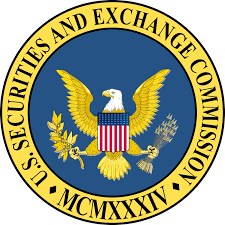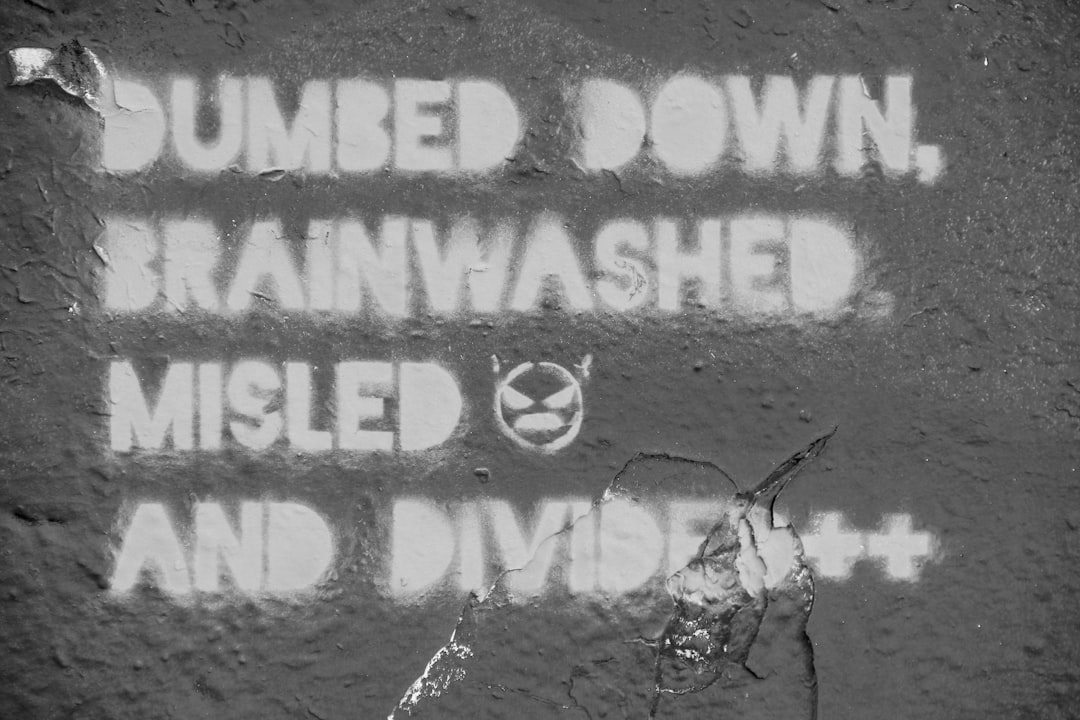SEC Intervention At Ohio Teachers State Pension Is Long Overdue
Mismanagement of investments, skyrocketing undisclosed fees paid to Wall Street, growing secrecy, and, most recently, suspension of the Executive Director, have all created a crisis of confidence.

Recently, the board of the $90 billion State Teachers Retirement System of Ohio reportedly suspended its executive director after staffers accused him of violent behavior and sexual harassment. The STRS board suspended Bill Neville and called for an investigation after an anonymous letter from staff accused him of throwing furniture, making comments about his past relationships and about people’s appearances, and threatening staff whose family members spoke against him at board meetings. In February, the board rejected a motion to declare confidence in Neville, with one board member saying the fund needed a leadership change.
Before assuming the role as director in 2020, Neville served as the fund’s chief legal counsel since 2004. He had been at the center of controversy regarding the pension fund long before the recent allegations against him came to light.
Over the past few years, criticism of STRS has mushroomed as scrutiny of the pension has intensified.
Public pensions, solely by virtue of their size, are considered by regulators to be “sophisticated investors” who can fend for themselves. In reality, these pensions are overseen by lay boards—utterly lacking investment expertise—who are hoodwinked all the time by Wall Street. Worse still, participants whose retirement savings are at risk—teachers, firefighters and police—are not even permitted to see the prospectuses and other documents related to the investments.
June 2021 Forensic Investigation
In June 2021, the damning findings of my expert forensic investigation of the pension commissioned by the Ohio Retirement for Teachers Assocation (“ORTA”) were released. Among the key findings in the 128-page report titled The High Cost of Secrecy:
The pension had long abandoned transparency, opting instead to allow Wall Street money managers to withhold key investment documents from public scrutiny;
Legislative oversight of the pension had utterly failed, as the Retirement Study Council had somehow failed to perform statutorily-mandated fiduciary audits over the past 16 years;
Wall Street had been permitted to pocket lavish fees without review;
Investment costs and performance had been misrepresented, i.e., dramatically understated; and
Failure to monitor conflicts of interest had undermined the integrity of the investment process, as billions that could have been used to pay retirement benefits promised to teachers had been squandered.
Due to the serious investment management and securities issues identified, a copy of the damning preliminary findings were provided to Ohio legislators, state and federal securities regulators, law enforcement and later the State Auditor of Ohio.
The Ohio Retirement Study Council had somehow failed to perform statutorily-mandated fiduciary audits of the massive state pension over the past 16 years.
Growing Board Support for Reform of Pension
Immediately upon the release of the above forensic report, one STRS sitting board member and one member-elect indicated their agreement with the findings. In the months following release of the findings, three more candidates supported by ORTA were elected to the STRS board, for a total of 5 in support of reform of the pension.
Special Investigation by State Auditor
Spurred by participants sending the High Cost of Secrecy report to the Ohio State Auditor which, in his opinion, provided a “reasonable basis” for a special investigation, he launched a year-long review of the pension. His findings were released to the public in late 2022. Notably, the State Auditor called on the pension to increase transparency.
Ohio Governor Mike DeWine openly agreed with the Auditor that the pension should be more transparent.
In 2022, the Ohio State Auditor and Governor DeWine agreed the state pension should be more transparent.
It seemed that the long-awaited pension reform was imminent.
Not-so-fast.
Ohio Governor Intervenes In Board Election to Thwart Reform
This past May when Pat Davidson, a reform-minded teacher, was elected to the board in a landslide vote, tipping the balance of power 6-5 to progressive reformers, Gov. Mike DeWine stepped in to thwart the effort.
The night before the election results were announced, he summarily removed a board member he had previously appointed who supported the reforms. That would-be member’s dismissal is being challenged in court at this time. Weeks before, the board mulled over a 30% bonus for investment staff, a move highly criticized by teachers who pointed to the fund’s $5.3 billion in losses the year before.
Why the SEC Needs to Intervene When State Pensioners Are Harmed
While state pensions are not regulated by the SEC, the money managers and investment consultants these retirement funds hire, are. When public pensions are scammed, Wall Street prospers. Therefore, it is fitting that the SEC should intervene to protect these retirement plans—public pensions regarded as “the dumbest investors in the room” by Wall Street.

Historically, the SEC has looked the other way when the victims of Wall Street are public workers and pensioners. Public pensions, solely by virtue of their size, are considered by regulators to be “sophisticated investors” who can fend for themselves. In reality, these pensions are oversee by lay boards—utterly lacking investment expertise—who are hoodwinked all the time by Wall Street. Worse still, the participants in these funds whose retirement savings are at risk—teachers, firefighters and police—are not even permitted to see the prospectuses and other documents related to the investments.
Who Would Oppose SEC Intervention?
Who would oppose SEC intervention? Well, naturally Wall Street. Also, state politicians who receive substantial campaign contirbutions from money managers for steering public pensions into costly, underperforming investment contracts. By the way, my forensic investigations regularly reveal the following obvious truth: long-term damages resulting from hiring corrupt money managers always far exceed any kick-backs or bribes paid to politicians, or influential middlemen. For example, a $1 million bribe in connection with a $100 million asset management contract can easily result in $10 million in underperformance losses over time.
Long-term damages resulting from hiring corrupt money managers always far exceed any kick-backs or bribes paid to politicians or influential middlemen. For example, a $1 million bribe in connection with a $100 million asset management contract can easily result in $10 million in underperformance losses over time.
It may seem like a long-shot to demand an SEC intervention. Nevertheless, I honestly believe that if enough STRS Ohio stakeholders, including reform-minded board members, petition the SEC to investigate, the federal agency may choose to take action.
Better still, imagine if stakeholders in every state pension in America were to sign petitions demanding SEC intervention. In my opinion, such a national outcry would be impossible for the agency to ignore.




Funny how the Rhode Island State Treasurer didn't ask the only person who's ever investigated the state pension (3Xs)-- a forensic expert-- to offer his insights regarding Raimondo's so-called "pension reform." Raimondo's "pension reform" morphs into Diossa's "pension theatre."
Please help this pension group PAWG -Pension Advisory Working Group) in trying to restore our colas that raimondo took and gave to Wall Street as you know and wrote about.